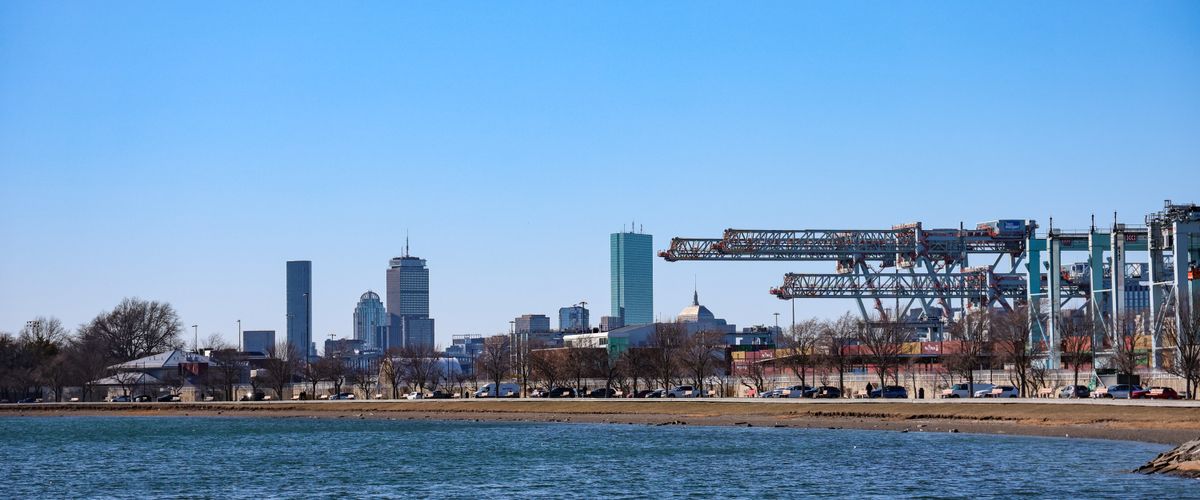Where: Tulane University, New Orleans, Louisiana, U.S.A.
When: January 15-17, 2026
Conference Co-Chairs: Karen Chapple (School of Cities, University of Toronto), Loretta Lees (Initiative on Cities, Boston University), and Jesse M. Keenan (Center on Climate Change and Urbanism, Tulane University)
Conference Sponsors: Canadian Social Sciences and Humanities Research Council (SSHRC) Partnership Development Grant and Tulane University Center on Climate Change and Urbanism
The conference welcomes papers broadly covering the nexus of climate change, housing, and human mobility from scholars in urban planning, urban studies, geography, demography, sociology, architecture, geospatial science, and public policy. Both established scholars and Ph.D. candidates and post-docs are encouraged to apply. The general public should apply by November 15, 2025, and CIDRARC member affiliates and invitees should submit confirmation of their participation by October 6, 2025. There are no conference fees or other charges.
At this conference, we aim to discuss research, policy, and practice at the intersection of climate change, housing, and human mobility in cities worldwide. Displacement is at the very core of both urban studies and migration studies—yet these fields of study usually work with separately developed frameworks and understandings of displacement. Emerging research highlights that climate migration and urban displacement overlap when we follow the movement of people moving into and within cities, where they face multiple displacements, as they find, make, and then lose their homes again.
This ‘multiplied displacement’ is the starting point for a deeper exploration of the relationship between domestic and international migration into and within cities and receiving zones. The conference aims to examine how human mobility is influenced by the impacts of climate change, crowding out of climatic and non-climatic-driven in-migration, and/or the broader mechanisms of the global housing crisis. The combination of the precarious legal and economic status of the displaced, exclusionary and racialized housing policies, fiscal public austerity, the adaptation of market economies, poor quality and hazard-exposed housing stock, and uneven or non-existent urban climate adaptation policies and plans produces conditions and outcomes that are increasingly shaping the state of housing. We seek to make the unseen connections of displacement processes visible by directing our lens on the experiences of losing, attaining, and maintaining housing in cities globally, so as to enable policymakers, planners, and support services on the ground to understand the complex intersections between climatic and non-climatic factors shaping housing.
